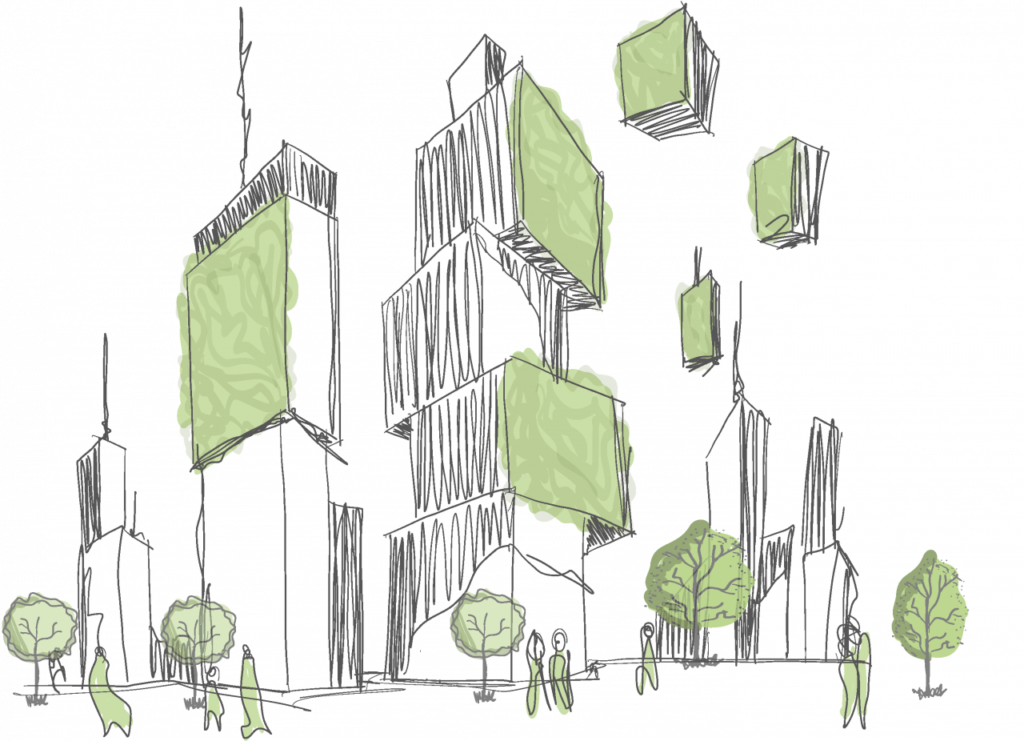Specialists in vertical gardens
We develop projects with high technical performance construction systems for state-of-the-art landscaped facades.



Vertical gardening solutions
Budget calculator
Our systems are incorporated into the Cype Price Generator and Landscape Base.

+ 38.000
m2 of constructed area
+ 1.100.000
Installed plants
+ 800
Projects completed
+ 50
Partners
Stay informed
You can receive interesting articles on vertical gardens, the latest research on nature-based solutions, downloadable content and invitations to our upcoming webinars.
Subscribe!










